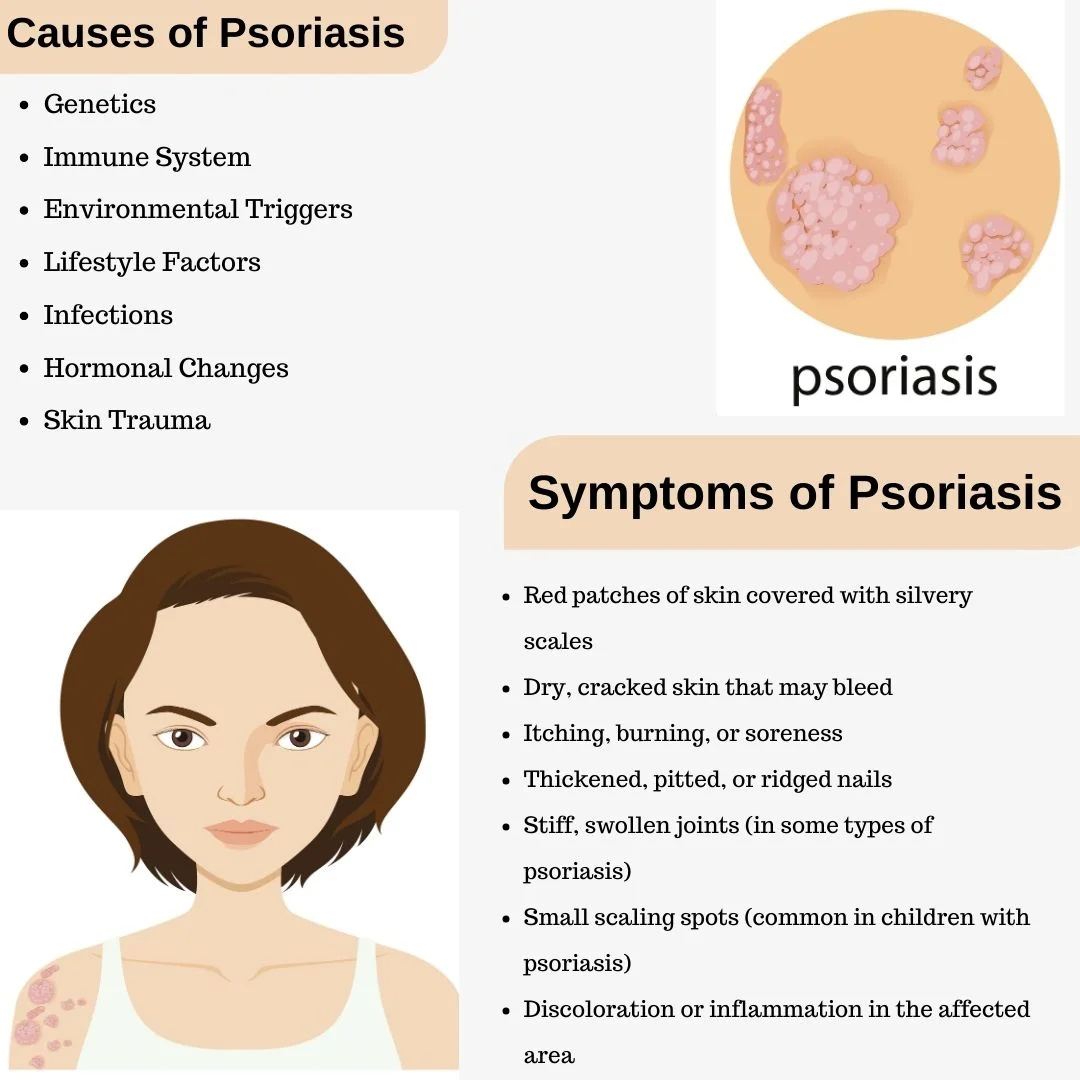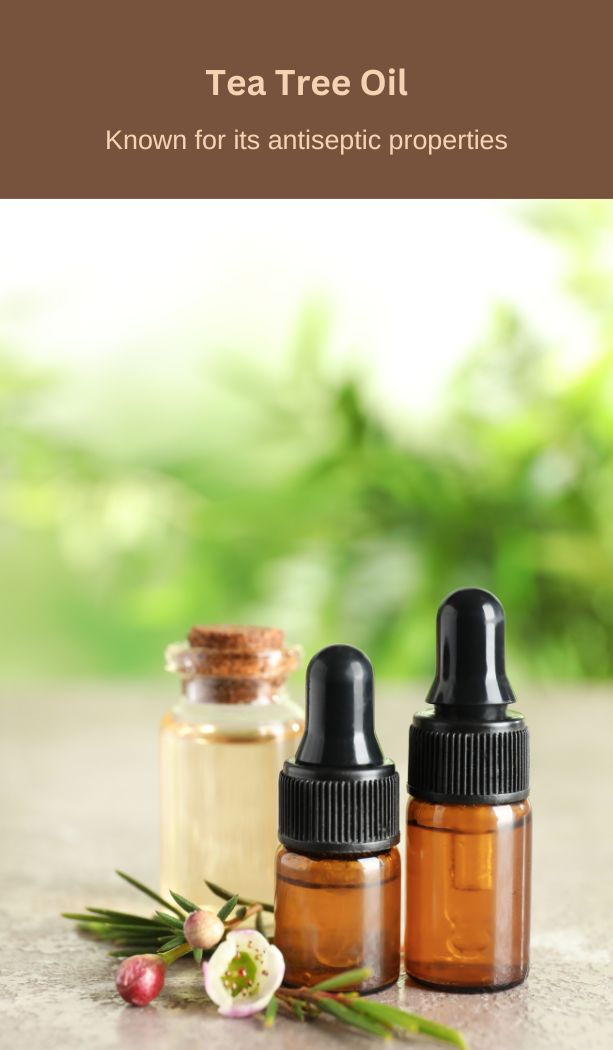Scalp psoriasis can be a frustrating and uncomfortable condition. The itchy, red, scaly patches on your scalp can negatively affect your self-confidence and quality of life. While there is no cure for psoriasis, there are many ways to manage symptoms and find relief using both natural and conventional treatments.
This article will explore what scalp psoriasis is, the potential triggers, and a variety of solutions ranging from simple home remedies to over-the-counter and prescription treatments.
Understanding Scalp Psoriasis
Scalp psoriasis is a chronic inflammatory skin condition that’s part of the larger umbrella of psoriasis. It occurs when the immune system overreacts, causing skin cells to build up too quickly on the scalp. This creates thick, scaly patches that can be itchy, flaky, and sometimes even sore.
Is it Just Dandruff?
Telling the difference between scalp psoriasis and severe dandruff can be tricky. Here’s what to look for:
- Scalp Psoriasis: Thick, silvery-white scales, well-defined patches, may extend past the hairline, potential for skin redness and soreness.
- Dandruff: Smaller yellowish flakes, typically doesn’t extend beyond the hairline, is less likely to cause inflammation.

Common Triggers for Scalp Psoriasis
Understanding what triggers your psoriasis flare-ups is a crucial step in managing this condition. While triggers can vary slightly from person to person, here are some of the most common culprits:
Stress: Finding healthy stress management techniques is crucial.
Stress, both physical and emotional, can wreak havoc on your immune system and worsen inflammatory conditions like psoriasis. Finding ways to manage stress is vital for reducing flare-up frequency and severity. This might include mindfulness techniques, yoga, regular exercise, or spending time in nature.
Illness or Infection: Even a common cold can trigger a flare-up.
When your body fights off any type of illness, your immune system becomes even more overactive. This can trigger inflammation throughout the body, including on your scalp. Taking care of your overall health, getting enough rest, and following good hygiene practices can help reduce the risk of infections triggering psoriasis flares.
Injury to the Scalp: Sunburns, harsh scratches, or tight hairstyles can worsen it.
Any injury to your skin can trigger something called the Koebner phenomenon, where psoriasis plaques tend to form at the site of the injury. Protecting your scalp from sunburn, avoiding harsh scratching (even if it’s itchy!), and opting for gentle hairstyles are crucial if you have scalp psoriasis.
Medication: Some medications can trigger psoriasis. Talk to your doctor if you notice a correlation.
Certain medications, including lithium, blood pressure drugs, and antimalarials, are known to potentially trigger psoriasis flare-ups. If you start a new medication and notice worsening scalp psoriasis, talk to your doctor. They may be able to adjust your medication or dosage.
Weather: Cold, dry air tends to exacerbate symptoms.
Cold, dry winter weather can strip your skin of its natural moisture, making scalp psoriasis significantly worse. Combat this by focusing on gentle scalp care and extra moisturization during dry seasons. Using a humidifier in your bedroom might also be beneficial.
Natural Remedies for Scalp Psoriasis
Always consult your doctor before starting new treatments, especially if pregnant, breastfeeding, or trying to conceive. Here are some natural options:

Apple Cider Vinegar: Its acidity may help reduce itching and scaling.
Apple cider vinegar (ACV) is a popular home remedy for numerous skin ailments. Its natural acidity may help rebalance the scalp’s pH and provide some relief from itching. To use, dilute ACV with an equal amount of water. Apply to the scalp, let it sit for a few minutes, then rinse thoroughly. Avoid using ACV if you have any broken skin, as it can cause stinging.

Aloe Vera: The cooling gel can soothe inflammation.
Aloe vera is renowned for its soothing and anti-inflammatory properties. The fresh gel extracted from the aloe vera plant can be applied directly to irritated, inflamed areas of the scalp. Its cooling effect can provide temporary relief from itching and discomfort.

Tea Tree Oil: Known for its antiseptic properties.
Tea tree oil is a natural antiseptic and antifungal. These properties may help address some issues that contribute to scalp psoriasis symptoms. You can add a few drops of tea tree oil to your regular shampoo or make a highly diluted solution to apply on the scalp. Be mindful that tea tree oil can be irritating in its pure form, so dilution is key.
Dietary Changes:
While diet change alone won’t cure psoriasis, there’s growing evidence that an anti-inflammatory diet may be beneficial. Focus on fresh fruits, vegetables, whole grains, and healthy fats like those found in fatty fish. Omega-3s, in particular, may help reduce inflammation throughout the body. Reducing processed foods, refined sugars, and unhealthy fats is also generally good for your overall well-being.
Important reminder: Natural remedies can provide varying results. What works for one person may not work for another. If you don’t notice improvement, don’t hesitate to explore other options in consultation with a medical professional.
Over-the-Counter and Prescription Treatments
- Medicated Shampoos: Look for ones containing salicylic acid, coal tar, or ketoconazole. Leave on for the recommended time.
- Topical Steroids: These powerful anti-inflammatories come in varying strengths. Use as prescribed by your doctor.
- Light Therapy (Phototherapy): Administered in a doctor’s office, controlled UV light can help calm skin cell overproduction.
Tips for Managing Scalp Psoriasis
- Be Gentle on Your Scalp: Avoid scratching, harsh hair products, and heat styling, which can worsen irritation.
- Soothe Itch: Cool compresses or gentle scalp massage may provide temporary relief.
- Manage Stress: Mindfulness techniques, yoga, or even regular walks can help.
- See a Dermatologist: If self-care doesn’t help, a dermatologist will personalize a treatment plan.
Don’t Give Up Hope!
Scalp psoriasis can be persistent, but relief is possible. It may take experimentation to find the combination of natural remedies, lifestyle changes, and perhaps additional treatments that work best for you. With a bit of patience and the right approach, you can manage this condition and improve your quality of life.
Important Note: This article is for informational purposes only and shouldn’t replace advice from a qualified medical professional.
